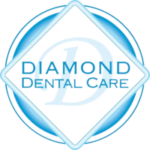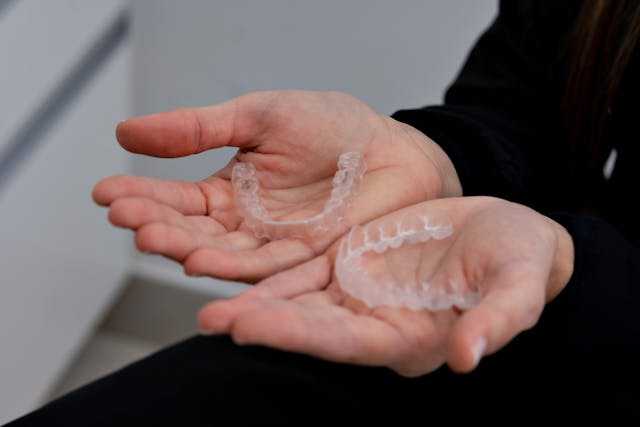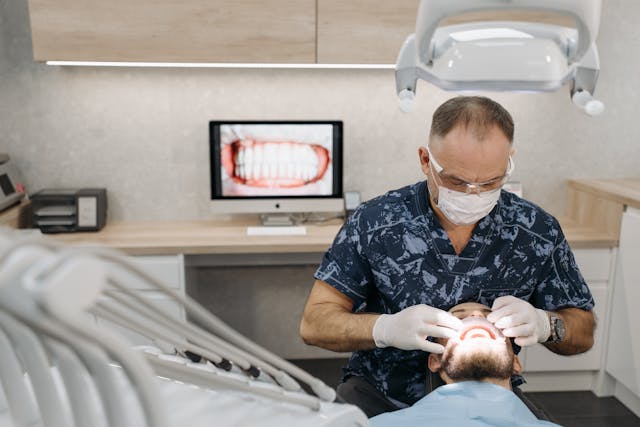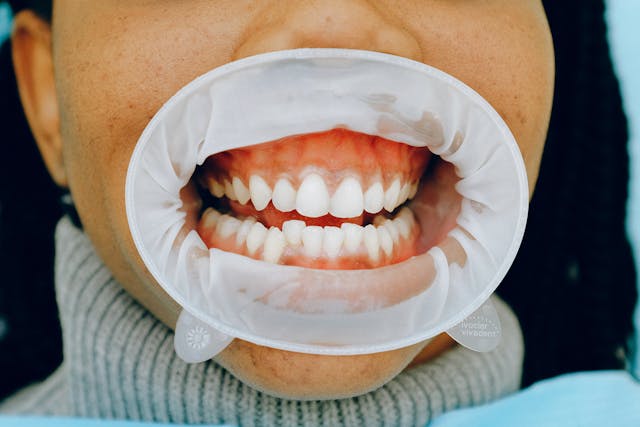Understanding Dental Crowns
Definition and Purpose of Crowns
A dental crown is like a snug hat for your tooth. It covers and protects a damaged, decayed, or unattractive tooth, restoring its original shape, size, strength, and appearance. Crowns are commonly used to support weak teeth, repair broken teeth, or enhance smiles.
Call us at (909) 860-7579 to book your visit. You can also connect with us on Facebook or leave a review on Yelp. We look forward to seeing you!
A Brief History of Dental Crowns
Believe it or not, dental crowns date back thousands of years. Ancient civilizations used gold, ivory, and even seashells! Today, thankfully, we’ve got better materials and techniques to create crowns that are both functional and beautiful.
How Dental Crowns Are Made
The crown-making process involves scanning or taking impressions of your tooth, sending it to a dental lab, and crafting a custom crown that perfectly fits your bite and matches your natural teeth. New technologies like CAD/CAM can even create same-day crowns!
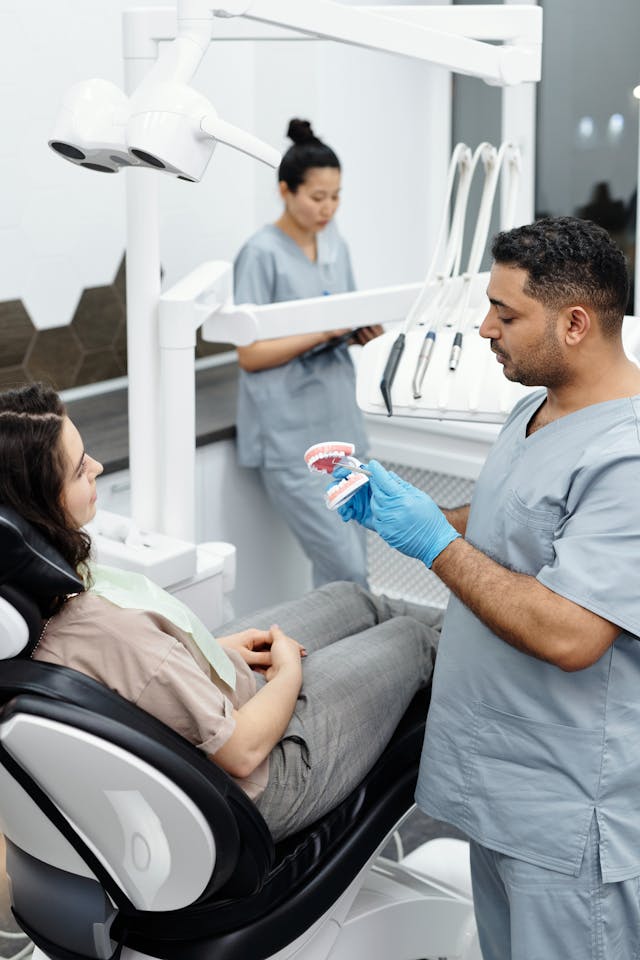
Types of Dental Crowns
Porcelain Crowns
Porcelain crowns are a top pick for front teeth. They’re strong, look natural, and blend beautifully with your smile.
Ceramic Crowns
Ceramic crowns are metal-free and ideal for people with allergies. They’re great for front or back teeth and provide a very natural appearance.
Metal Crowns
Gold or alloy-based metal crowns are extremely durable and perfect for molars where strength matters more than aesthetics.
Porcelain-Fused-to-Metal (PFM) Crowns
These offer the best of both worlds—durability from metal and beauty from porcelain. However, the metal can sometimes cause a dark line near the gums.
Zirconia Crowns
Zirconia is ultra-strong and resistant to wear. These crowns are often used for people who grind their teeth.
Temporary vs Permanent Crowns
Temporary crowns are placed while your permanent crown is being made. They’re not as durable, but get the job done for a short time.
When Do You Need a Dental Crown?
After a Root Canal Treatment
After a root canal, your tooth becomes brittle. A crown strengthens and protects it from future damage.
For Severely Worn or Cracked Teeth
If your teeth are cracked, broken, or worn down from grinding, a crown restores their shape and function.
To Restore a Large Filling
If a tooth has a large filling and not much natural tooth left, a crown can help hold everything together.
For Cosmetic Enhancement
Discolored or oddly shaped teeth? A dental crown can work wonders for your smile aesthetics.
Protecting Weak Teeth
Crowns act like a protective helmet for weak or decayed teeth, keeping them from breaking apart.
The Dental Crown Procedure
Step-by-Step Crown Placement Process
- Examination and prep
- Tooth reshaping
- Impression taking
- Temporary crown placement
- Permanent crown fitting
- Final adjustments and bonding
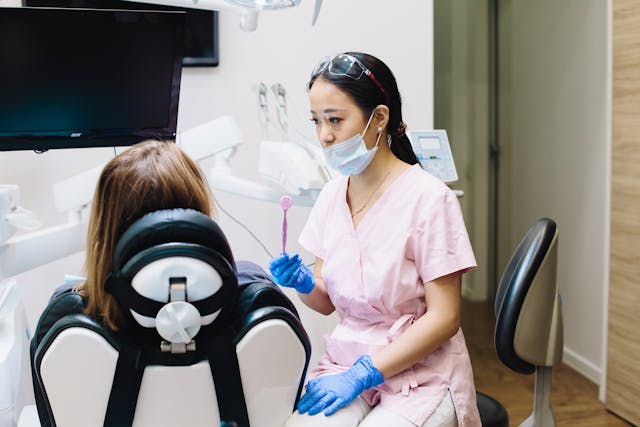
How Long Does the Procedure Take?
Typically, two visits are needed. One for preparation and impressions, and another for placement. Same-day crowns are available at some clinics.
Pain and Recovery Expectations
Mild sensitivity and soreness are common after the procedure, but most people feel back to normal within 2-3 days.
Caring for Your Dental Crown
Oral Hygiene Tips
Brush and floss regularly. Use a non-abrasive toothpaste and avoid pulling up on the floss, which could dislodge the crown.
Foods to Avoid
Skip sticky candies, hard nuts, and ice. These can loosen or crack your crown.
When to Replace a Crown
Crowns typically last 10–15 years, but with proper care, they can last 20+ years. Replace them if they become loose, damaged, or discolored.
Dental Crowns at Diamond Dental Care
Why Choose Diamond Dental Care in Diamond Bar
At Diamond Dental Care, we combine cutting-edge technology with a warm, personalized approach. Located at 303 South Diamond Bar Blvd, Ste 2C, Diamond Bar, CA 91765, we’ve been proudly serving the community with high-quality dental crown services.
Meet Our Expert Team
Our experienced dentists and friendly staff are committed to your comfort and satisfaction. From consultation to crown placement, you’re in expert hands.
Patient Testimonials and Success Stories
“I cracked a tooth, and Diamond Dental Care saved it with a crown. It looks and feels just like my real tooth!” — Amanda L., Diamond Bar
“The entire process was smooth and painless. Highly recommend them!” — Jose M., Chino Hills
Cost and Insurance for Dental Crowns
Average Cost Breakdown
Depending on the material and complexity, dental crowns can range from $800 to $2,500 per tooth.
Does Insurance Cover Dental Crowns?
Yes! Most insurance plans partially cover crowns when they’re medically necessary. Our staff will help you navigate your benefits.
Financing Options Available
No insurance? No problem. We offer flexible financing plans to make your dental crown affordable.
Alternatives to Dental Crowns
Dental Veneers
Best for cosmetic fixes, veneers cover only the front of the tooth—not as durable as crowns but perfect for aesthetic changes.
Inlays and Onlays
These are custom-fit fillings that cover part of a tooth—great for moderate decay or damage.
Tooth Bonding
A quicker, less expensive option that uses resin to fix minor chips or gaps. Not as long-lasting as crowns.
Conclusion
Dental crowns are one of the most effective ways to restore and protect your teeth. Whether you’re dealing with decay, a broken tooth, or want to enhance your smile, crowns can be a game-changer. If you’re in the Diamond Bar area, don’t settle for less—visit Diamond Dental Care, your trusted partner in oral health.
Ready to restore your smile?
Call us at (909) 860-7579 to book your visit. You can also connect with us on Facebook or leave a review on Yelp. We look forward to seeing you!
FAQs
How long do dental crowns last?
Typically 10–15 years, but with good care, some can last over 20 years.
Are crowns noticeable when I smile?
Not at all! Modern crowns blend seamlessly with your natural teeth.
Can I eat normally with a crown?
Yes, once it’s fully placed and healed. Just avoid extremely hard or sticky foods.
What if my crown falls off?
Call your dentist immediately. Keep the crown safe and bring it with you to your appointment.
Do crowns prevent further decay?
They protect the tooth underneath but don’t prevent gum disease or decay near the crown’s edge. Good hygiene is still key!
